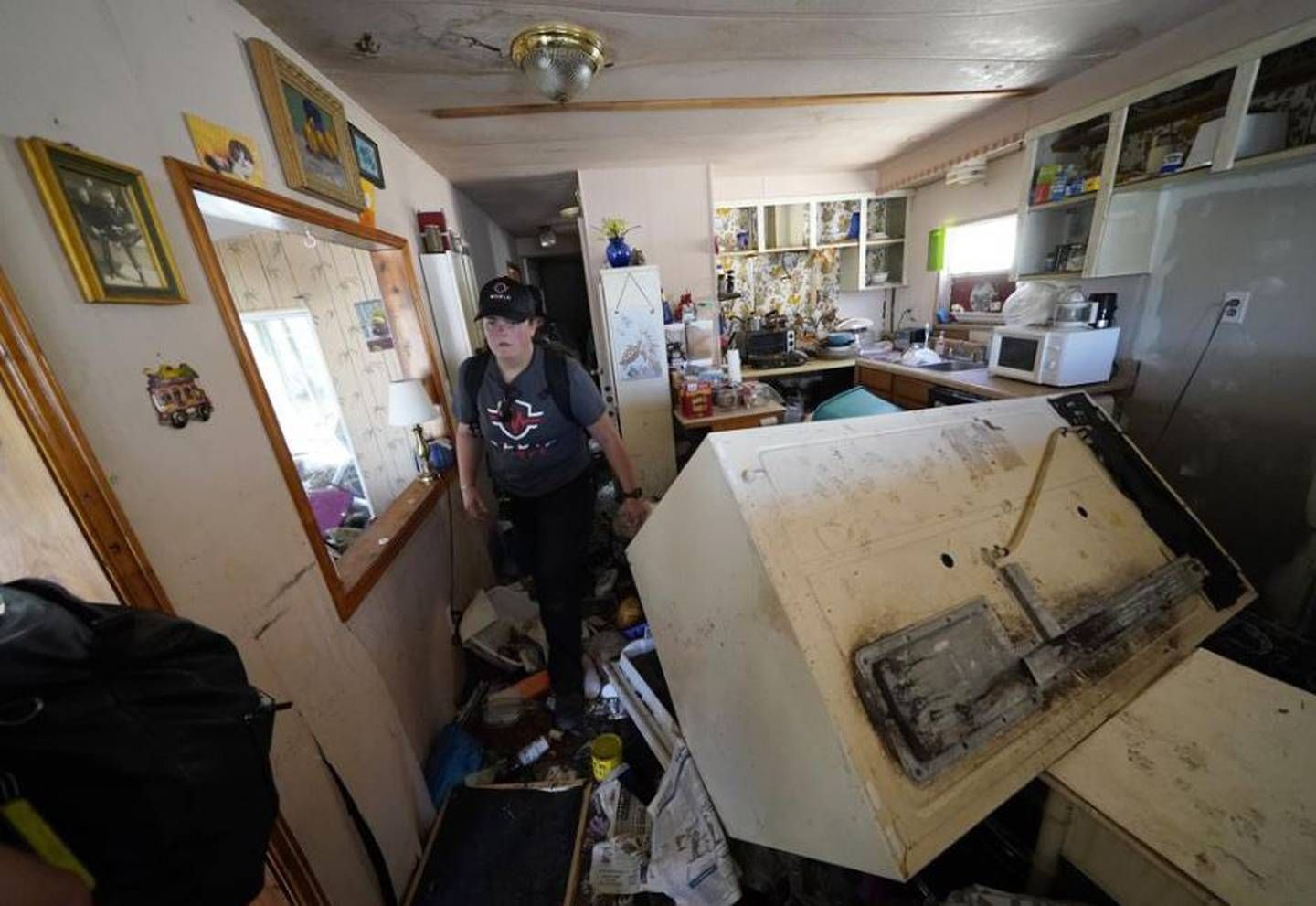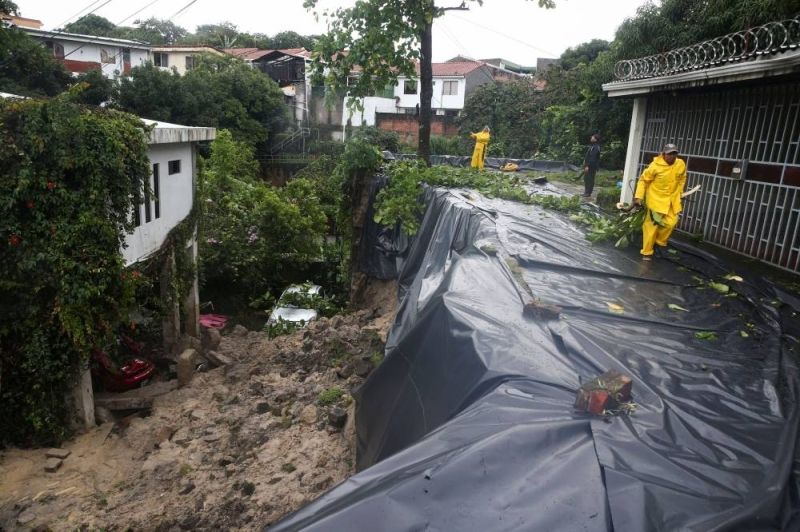Some trains delivering fuel components to the Northeastern United States have been paused in preparation for a probable railroad shutdown in the coming days, according to two persons with knowledge of the situation.
Most northern East Coast states rely on railroad shipments to supplement Gulf Coast pipeline deliveries. Data from the U.S. Energy Information Administration (EIA) indicate that in July stockpiles of heating oil and diesel reached their lowest levels in at least three decades. The region is one of the top fuel consumers in the country.
To avoid a shutdown, Union Pacific and Berkshire Hathaway's BNSF must negotiate a tentative agreement with three unions representing 60,000 workers by Friday at 12:01 a.m.
Under the condition of anonymity, two sources told Reuters that unit trains carrying goods like ethanol and crude oil to the Northeast have already halted.
All railroads are ready to cease operations within the next day, according to a Norfolk Southern representative who denied additional comment. Amtrak has already canceled all long-distance services countrywide, as their trains operate mostly on freight lines outside of the Northeastern United States.
According to EIA data, distillate inventories, which include heating oil and diesel, are at their lowest seasonal levels since 2000.
The situation is worse in New England and the states of the Central Atlantic. In this region, which stretches from Maine to Maryland, stockpiles are at their lowest seasonal level since the EIA began tracking data in 1990.
In general, fuel distributors maintain stockpiles sufficient for many days, and those markets can also receive imports; however, price increases are anticipated in preparation for a potential shortage.
Some shippers have already ceased carrying hazardous materials across the United States, including fuel blending components, in anticipation of a shutdown.
Tom Williamson, a railcar broker and owner of Transportation Consultants, which maintains over 2,000 railcars, stated, "I already have companies that have been limiting their production knowing this was coming, and now they'll have to face the music and shut down."
He reported that he has been speaking with clients who are beginning to cease production of hazardous materials for the previous few days.
Due to a lack of pipelines, the upper Northeast relies more on the rail for shipments of crude oil, natural gas, and petroleum products than other regions. According to RBN Energy, the majority of the natural gas used to heat houses and light stoves in New England is transported by rail, rendering the region vulnerable to disruption.
Regional imbalances between where products are produced and where they are demanded have developed over the past two decades, according to Debnil Chowdhury, vice president, America's head of refining and marketing at S&P Global Commodity Insights. This has boosted the need for shipping goods from the Gulf Coast to the Northeast.
Chowdhury stated that pipelines transporting petroleum and natural gas from Texas and other oil- and gas-producing regions of the southern United States are already at capacity, leaving limited room to increase flows if a shutdown occurs.
An unnamed executive acquainted with the region's train operations stated, "All sorts of stuff is going to grind to a halt," It is going to be quite difficult.
In a letter sent to U.S. Secretary of Energy Jennifer Granholm in July, the governors of New England states warned that a lack of natural gas pipeline connectivity would cause the region's winter heating costs to skyrocket.
In addition, they requested that the Biden Administration suspend the Jones Act, which mandates that products moved between U.S. ports be transported by ships built domestically and staffed by U.S. crew, for the supply of LNG for at least a portion of the approaching winter.
According to ISO New England, the region's power grid operator, natural gas accounted for 46% of the region's electricity generation in 2021. On the coldest winter days, a substantially larger proportion of the grid's power output is fueled by oil.
Shippers for oil and chemical corporations are creating contingency preparations on a national scale.
Chris Ball, CEO of Quantix, a Houston-based company that offers trucks and trailers to carry chemicals for companies like Exxon Mobil, Dow, and LyondellBasell, stated, "We are starting to see impacts already,"
"They (railroads) have already restricted what they're taking and so we're getting a fair amount of trucking orders across our whole network," said Ball.

/Northeastern-US-Energy-Crisis.jpg)
/US-Treasury-Market.jpg)
/Uniper-Gas-Group-Germany.webp)



/Svante-Paabo-Nobel-Prize.jpg)





